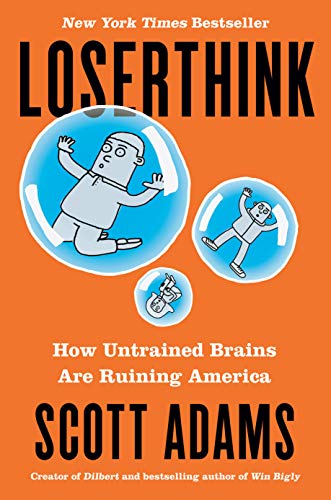Sublime
An inspiration engine for ideas
Mark Dvoretsky is a very different type of personality. I believe he is the most important author for chess professionals in the world. His books are extensive training programs for world-class players
Josh Waitzkin • The Art of Learning: An Inner Journey to Optimal Performance
Stutz
netflix.comHow do individual people react to cyberspace? – How do people interact with each other online? – How do people behave in online groups and communities? – What is normal and abnormal behavior? – How can cyberspace promote mental health?
John Suler • Psychology of the Digital Age: Humans Become Electric
in men it was usually triggered by threats to status, whereas in young women it was more likely to be initiated by threats to their relationships with a boyfriend.
Robin Dunbar • Friends: Understanding the Power of our Most Important Relationships
The procedure of psychological testing involves all three of these “treatments” for ADD. It is done one-on-one, with the psychologist guiding the individual orally through the tests, making it difficult for him to tune out. The subject is typically highly motivated, trying to “do well” on the test. And the testing situation is highly stimulating du
... See moreEdward M. Hallowell • Driven to Distraction (Revised): Recognizing and Coping with Attention Deficit Disorder
Adam Gazzaley and Larry Rosen bluntly summarize in their 2016 book, The Distracted Mind:
Cal Newport • A World Without Email
When you observe people’s behavior and try to come up with rules that would make sense of it, you discover a very different theory of action—what I call the individual’s “theory-in-use.” Put simply, people consistently act inconsistently, unaware of the contradiction between their espoused theory and their theory-in-use, between the way they think
... See moreChris Argyris • Teaching Smart People How to Learn (Harvard Business Review Classics)
In 2002, George W. Bush signed into law the No Child Left Behind Act, which massively increased standardized testing across the U.S. In the four years that followed, diagnoses of severe attention problems in children rose by 22 percent.
Johann Hari • Stolen Focus: Why You Can't Pay Attention--and How to Think Deeply Again
